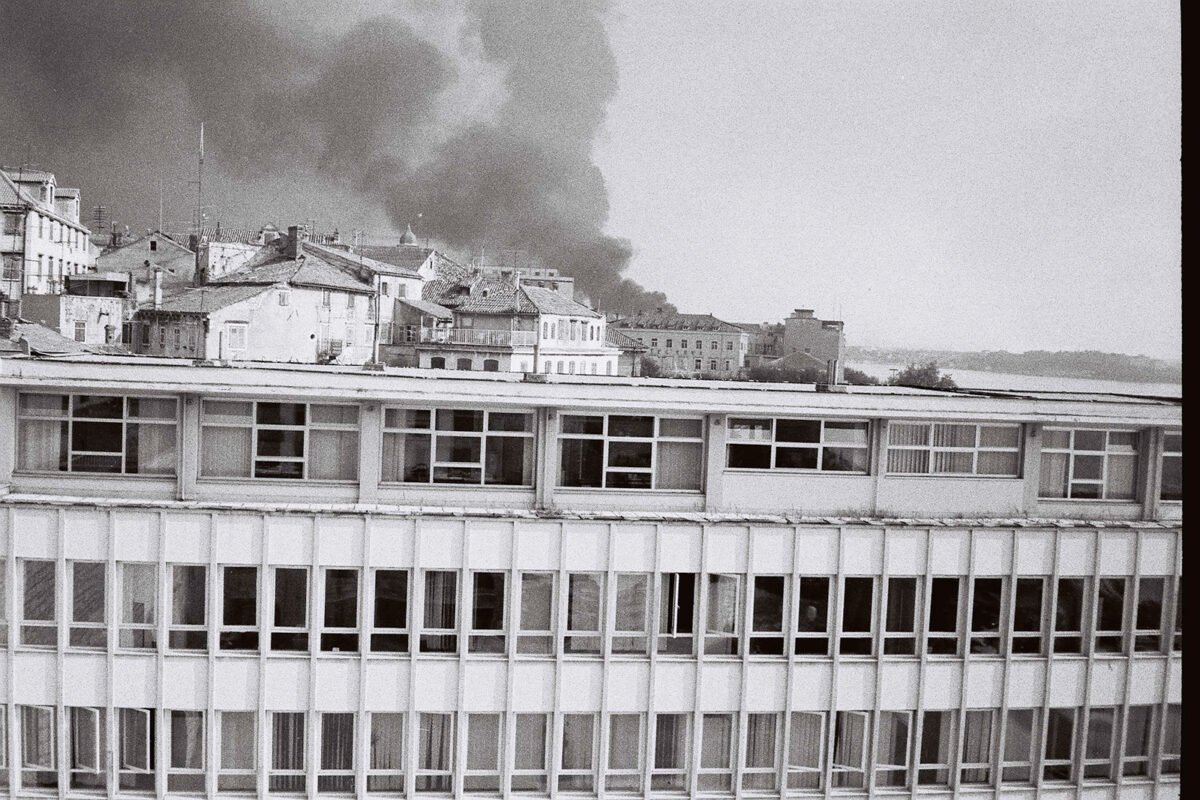1/A mini photo-essay on how we used to move/how we move & what is lost/gained in #postsocialist #capitalism. The first photo is of the railway terminal in #Sibenik, Croatia. While it was never large, during peak #socialism it was very busy, connecting the town to the rest of... 

2/...the country. Long train compositions would depart for Split, Zagreb, even Belgrade, connecting people on the cheap. Now, it’s a barely functioning ruin. The one-wagon train pictured travels only as far as the nearby Knin. Nobody sane would try to get to Zagreb by rail.
3/ Part of the reason was the war, but really the criminal privatization and the lack of strategic investment into PUBLIC infrastructure. Many of the buildings date back to Austria-Hungary. What little is new ironically attests not to investment, but to neglect. In the second...
4/ ...photo, you can see the station’s cafe, with its awning installed over the last part of the word ‘station (kolodvor)’. A better example of notgiveafuckery could hardly be found. Instead, resources went into private mobility, with all the class implications. The only... 

5/...strategic infrastucture project connecting post-socialist Croatia is the highway linking the capital to Dalmatia. If you want to travel, unless you want the uncomfortable and relatively expensive bus option, you must have a car. And that’s where the essay goes next.
6/ Right across the road from the railway terminus is the glistening car dealership. You can move in style if you can afford it. Try it on a 330 Euro average monthly pension, or even on a 900 Euro average monthly salary. 

7/ The final image is a nostalgic reminder of the lost possibilities. The town is connected to the nearby islands – and their pristine waters – with rickety but frequent and reasonably cheap boats. For about 5 Euros (return), you can pretend to be a jet-setter... 

8/...wind rushing through your hair as you sail past the scattered jewels of the Šibenik archipelago.
• • •
Missing some Tweet in this thread? You can try to
force a refresh







